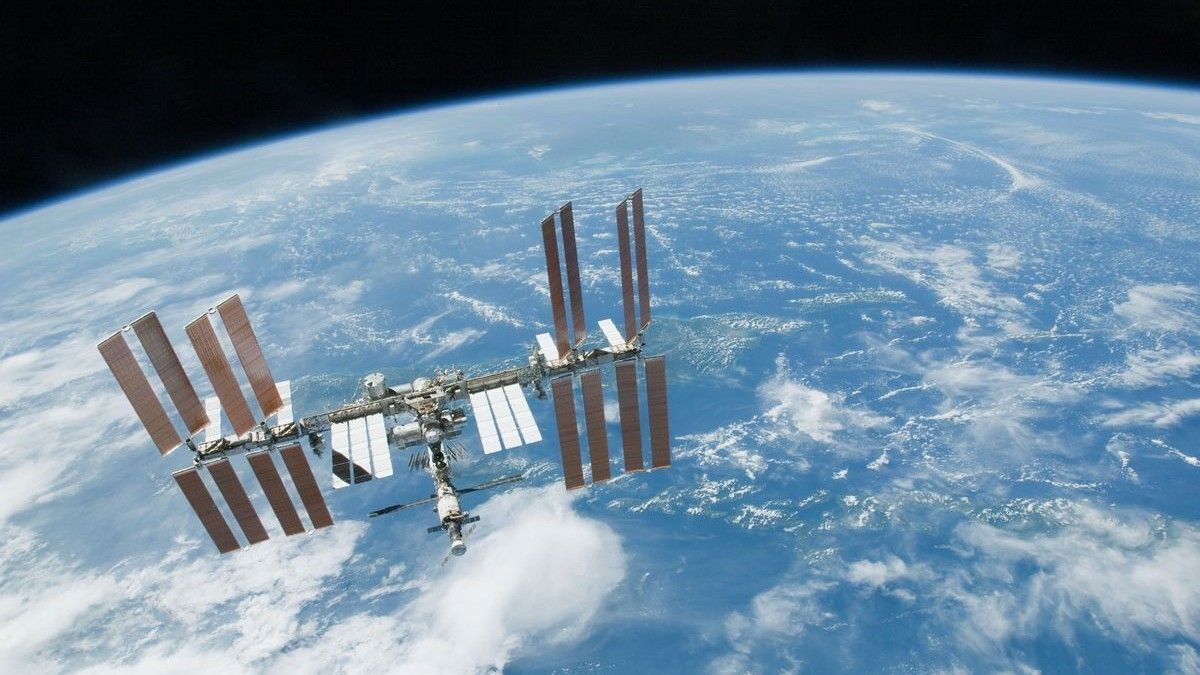- cross-posted to:
- space@lemmy.world
- cross-posted to:
- space@lemmy.world
NASA has selected SpaceX to develop a vehicle that will bring the International Space Station to a fiery end when the time comes.
The space agency first asked U.S. aerospace companies for proposals in March 2023 and then again in September of that year. The request was for a “space tug” vehicle that could help deorbit the U.S. sections of the International Space Station (ISS) safely.
On Wednesday (June 26), the agency issued a statement announcing that SpaceX has been selected to develop and deliver the “U.S. Deorbit Vehicle” as it’s known. The contract is worth up to $843 million; that total does not include any launch costs, however, and is for the vehicle development only. The vehicle will be responsible for disposing of the space station “in a controlled manner after the end of its operational life in 2030,” the statement adds.



Technically it’s just a bunch of metal and other stuff but the thought of deorbiting the ISS makes me sad.
I wish they could send it into space so it can orbit the sun forever instead of burning up.
Good point, if they’re sending a rocket up there anyway, why not just push it away from earth rather than towards it? Is it because it’s in LEO and there’s a ton of other satellites farther out?
deleted by creator
There’s no need to leave earth, just lift it into a medium earth orbit. There are literally thousands of kilometres in between low earth orbit (where there are lots of communications, spy, navigation and weather satellites) and geosynchronous (where there are lots of communications satellites), and outside of those two there’s virtually nothing there
Still way too much dV. Deorbiting might be a few hundred m/s. Getting up to medium earth orbit could easily be 1000-2000 m/s.
Much cooler (hotter?) but probably more expensive…
A LaGrange point would be nice… lots of stuff there, could prove useful in a few decades…